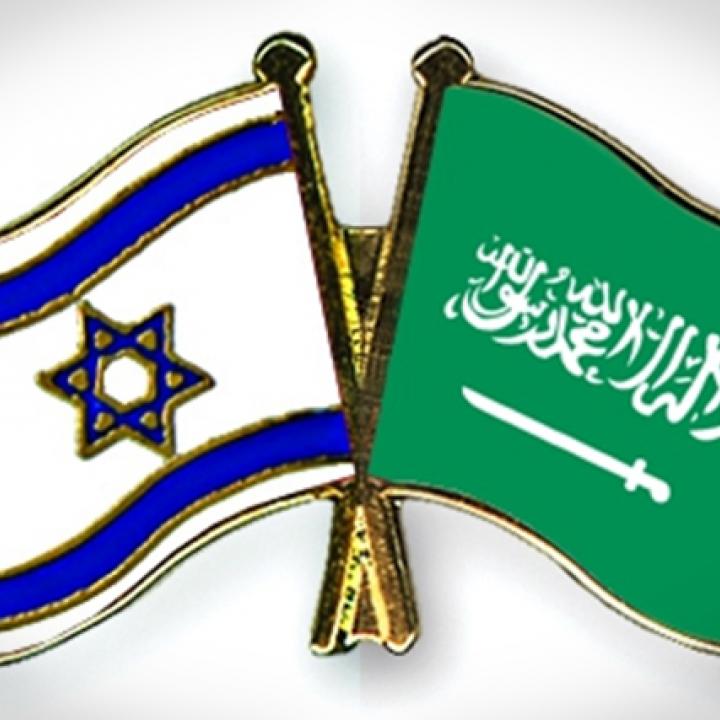
- Policy Analysis
- Fikra Forum
Ghaith al-Omari's Comments on Abdulhameed Hakeem "Who holds the keys of peace with Israel?"

While the version of history presented in the article “Who Holds the Key to Peace with Israel” may be debatable, the general thrust of the article is both positive and accurate: Saudi Crown Prince Mohammad Bin Salman is indeed presenting a fundamentally new rhetoric when it comes to Israel, regional developments have created a confluence of interest among old enemies, and that represents an opportunity to be seized for the benefit of the whole region. What the article neglects, however, is the need for progress on the Palestinian track in order to achieve wider Arab rapprochement with Israel.
The idea of “peace process between moderate countries – led by Saudi Arabia – and Israel” echoes the “outside-in” approach advocated in the early days of the Trump Administration: make peace with the Arabs first, and the Palestinians will follow. Yet as proponents of that approach soon found out, there are limits to how far Arab states are publicly willing to embrace Israel without progress on the Palestinian front. There are many reasons for that, and Arab sympathy for the Palestinians is not necessarily high among them. Most Arab leaders today are frustrated with Palestinian President Mahmoud Abbas, exasperated by the dysfunction in Palestinian politics, and no longer see resolving this issue as a high – or achievable – priority.
Instead, the reasons for Arab reluctance are rooted in a more pragmatic cost-benefit calculus. Today, many Arab states get much of what they need from Israel without much of a political cost, namely cooperation in military and security matters to confront common threats and enemies. Even though this cooperation is one of the worst-kept secrets in the Middle East, its informal nature allows these states to maintain a measure of deniability and pay a minimal political price. And while open engagement with Israel would present many benefits in many civilian spheres – be it technology, agriculture, medical etc - most of what Israel has to offer in these spheres can be obtained elsewhere, without a political price tag.
A case can theoretically be made that openly engaging Israel would not incur a significant political cost in today’s Arab world given the multitude of other challenges facing the region and the coming of age of a generation that is less attuned to the ideological currents identified in the article, be they Islamist or pan-Arabist. In reality, however, Arab leaders seem to perceive these political challenges to be real or at least are unwilling to test this hypothesis. Although some privately bemoan these constraints and express a desire for a closer relationship with Israel, they are unwilling to publicly go against Palestinian positions. This dynamic was most evident in the aftermath of President Tump’s recognition of Jerusalem as Israel’s capital. Many Arab leaders might have wanted a more muted reaction to the decision, and indeed some privately lobbied the Palestinians in that direction, but in the end, none opted to publicly confront the Palestinians and all fell in line in condemning the American move.
While addressing the Palestinian issue remains a condition for wider Arab-Israeli open engagement, there has been progressing on that front too. In the past the Arab approach, as enshrined in the Arab Peace Initiative, has been all-or-nothing: once Israel makes full peace with the Palestinians (and Syrian and Lebanon), it will get full recognition and normalization. Needless to say, this has produced neither peace nor normalization. Today, there is a new tone that indicates a willingness to adopt a more nuanced approach whereby meaningful progress on the Palestinian track may allow for some steps towards Arab normalization with Israel.
As the author correctly identified, there is a new opportunity for progress towards regional peace. Over-reaching by trying to bypass the Palestinian issue may lead to this opportunity being squandered. A more comprehensive approach that incorporates progress on the Palestinian track – within the bounds of what is realistically possible given the political environment – may start us on the path of regional peace.



